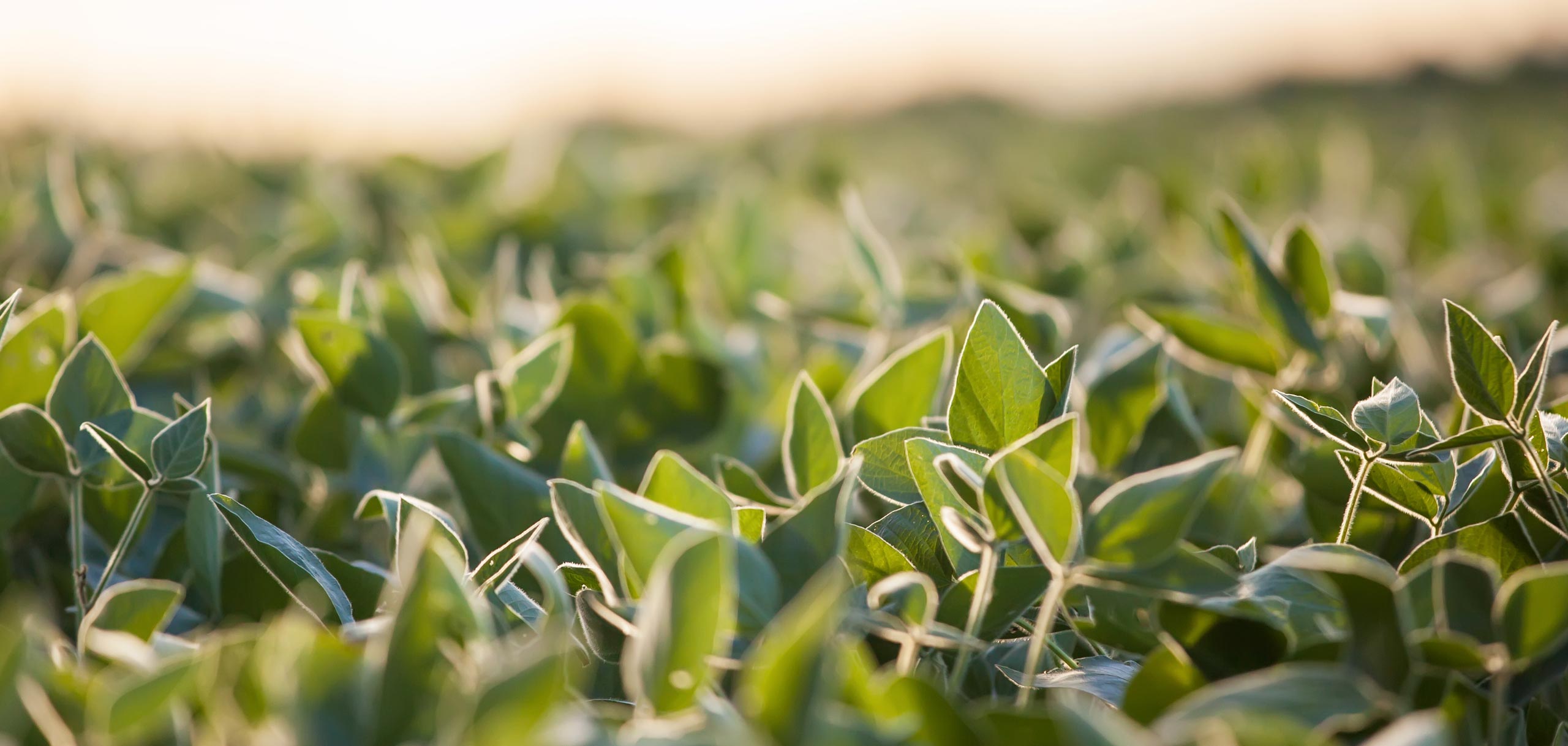Jimmy Sneed - Hernando, Mississippi
- Category:
- Ground Work

Farm: Jimmy raises soybeans, corn and wheat in Hernando, Mississippi. He and his wife, Dinah, have two children, Emily and Russ. This is Jimmy’s sixth year as a USB director and his second year as the Communications Target Area Coordinator. In addition, Jimmy is a director on the Mississippi Soybean Promotion Board, a member of the USSEC board and a Farm Bureau member. He has a bachelor’s degree from Mississippi State University.
Jimmy Sneed:
Right now, we’re waiting for it to dry out. As soon as it gets dry, we’ll be doing weed control on the soybeans. We also hope to harvest the wheat soon then double crop the beans behind the wheat. The corn is pretty well laid by and all the full season soybeans are planted. Looking ahead, we’ll be busy with double cropping, weed control and watching for pests.
The challenge right now is just getting the work done. We’re trying to be as timely as possible. We’re already running late because of weather. This year, we’re probably starting about the same time we normally get finished — it’s just one of those years. We’re trying to hustle up to get the wheat cut and finish weed control because when the soybeans start to canopy, it’s hard to reach the ground to spray. We just want some good weather to get the work done.
Like most farmers, I’m trying to produce the highest quality product that I can for our customers. We are constantly improving our sustainability by using state-of-the-art equipment, such as rate control technology when applying herbicides so you don’t use more than you absolutely have to, and GPS for guidance and efficiency to prevent overlaps. We are also looking for new ways to improve our production practices, such as no-till farming. It helps us manage our residue, retain our organic matter and sequester the carbon, which is better for the environment, so it’s a win-win situation using no-till methods.